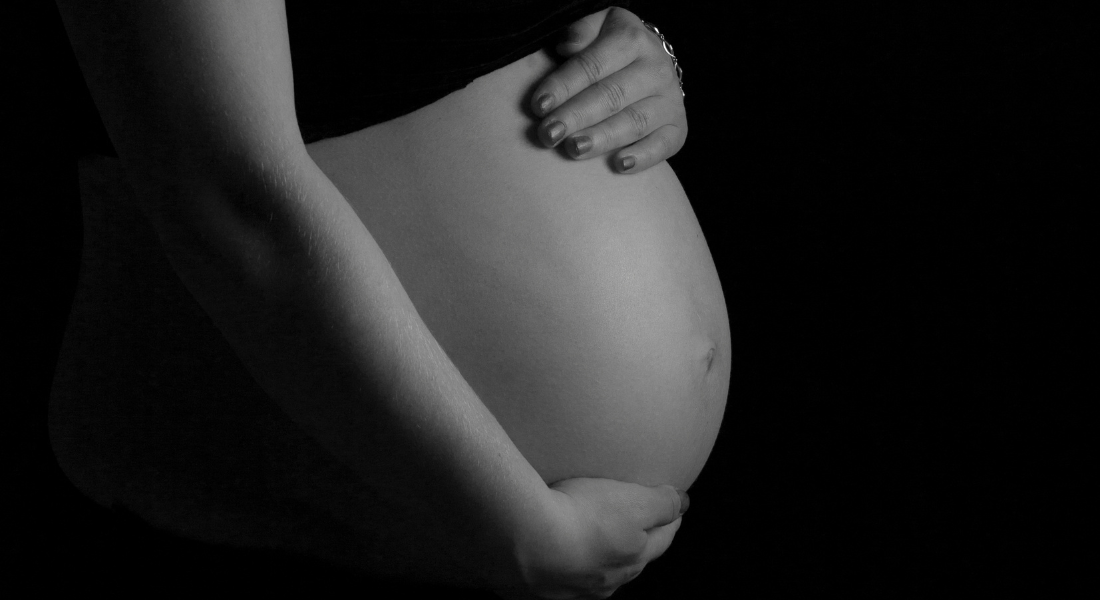Increased risk of stillbirth following infection with covid-19
A large-scale Nordic study reveals that women infected with covid-19 during pregnancy had increased risk of stillbirth. The risk was highest among women infected with the delta variant.

In Denmark, Sweden and Norway, stillbirths are rare. Nevertheless, a new study published in the scientific journal BMJ Public Health shows that infection with covid-19 can increase the risk of stillbirth.
The study is based on data from the national health registers in Denmark, Sweden and Norway. It included a total of 389,949 births across the three countries with 1,013 stillbirths. 31 of the women experiencing stillbirth had been infected with covid-19 after week 22 of pregnancy.
Therefore, there is no reason to worry, though it makes sense to be careful, and our results do support the current official recommendation that pregnant women should get vaccinated against covid-19
One of the researchers behind the new study is Assistant Professor Stine Kjær Urhøj from the Department of Public Health at the University of Copenhagen. She was responsible for the part of the study that looked at the Danish data.
The study is a collaboration between the University of Copenhagen, the Norwegian Institute of Public Health, Karolinska Instituttet in Sweden and Statistics Denmark.
“We found that women who had been infected with covid-19 after 22 weeks of pregnancy had 2.4 times higher risk of stillbirth than women who had not been infected with covid-19. It is important to note, though, that even though this is one of the largest studies to date, it only includes 31 stillbirths across three countries where the mother had been infected with covid-19,” says Stine Kjær Urhøj.
Previous studies have looked at the connection between covid-19 infection and stillbirths, but included too little data to arrive at robust conclusions.
“I would like to stress that stillbirths continue to be extremely rare, even among women infected with covid-19 during pregnancy. So even though the risk is twice as high – or higher – for women infected with covid-19, we are talking about a very small number of stillbirths. Therefore, there is no reason to worry, though it makes sense to be careful, and our results do support the current official recommendation that pregnant women should get vaccinated against covid-19,” says Stine Kjær Urhøj.
A closer look at the figures shows 2.3 stillbirths per 100,000 days of follow-up among women who had not been infected with covid-19 during pregnancy and 5.8 stillbirths per 100,000 days of follow-up among women who had tested positive for covid-19 after 22 weeks of pregnancy.
“Of course, we cannot say for sure that none of the pregnant women in the group without a positive covid-19 test had been infected with covid-19 without being tested. However, testing practices in the Nordic countries were rather extensive in large parts of the study period,” Stine Kjær Urhøj explains.
Highest risk shortly after infection
The researchers studied the risk of stillbirth more closely by looking at the number of days between infection with covid-19 and birth.
They learned that the risk was highest up to two weeks after infection. The risk was 5.5 times higher the first two weeks following infection, after which it decreased day by day. During the first four weeks after infection the risk was 4.4 times higher, and during the first six weeks after infection it was 3.7 times higher.
According to the researchers behind the study, the fact that the risk is highest shortly after infection supports the notion that there is indeed a causal relationship between covid-19 and stillbirth.
“Naturally, there is a certain degree of uncertainty with regard to the time slots we have studied, as the time between infection and testing may differ from one case to the next. Nevertheless, there is a clear tendency to higher risk shortly after infection,” says Stine Kjær Urhøj.
Different covid-19 variants lead to differences in risk
The researchers also learned that there was a difference in risk of stillbirth depending on which variant of covid-19 was dominant in the period of testing.
The risk was highest among women tested positive for covid-19 in the period where the delta variant was dominant. They saw 8.2 times higher risk during the first four weeks after infection. By comparison, the risk was 3.7 times higher among those infected with the index variant (the first variant of the virus) and 2.7 times higher among those infected with the alpha variant in the same period.
Read the entire study, “Infection with SARS-CoV-2 during pregnancy and risk of stillbirth: a Scandinavian registry study”, in BMJ Public Health.
